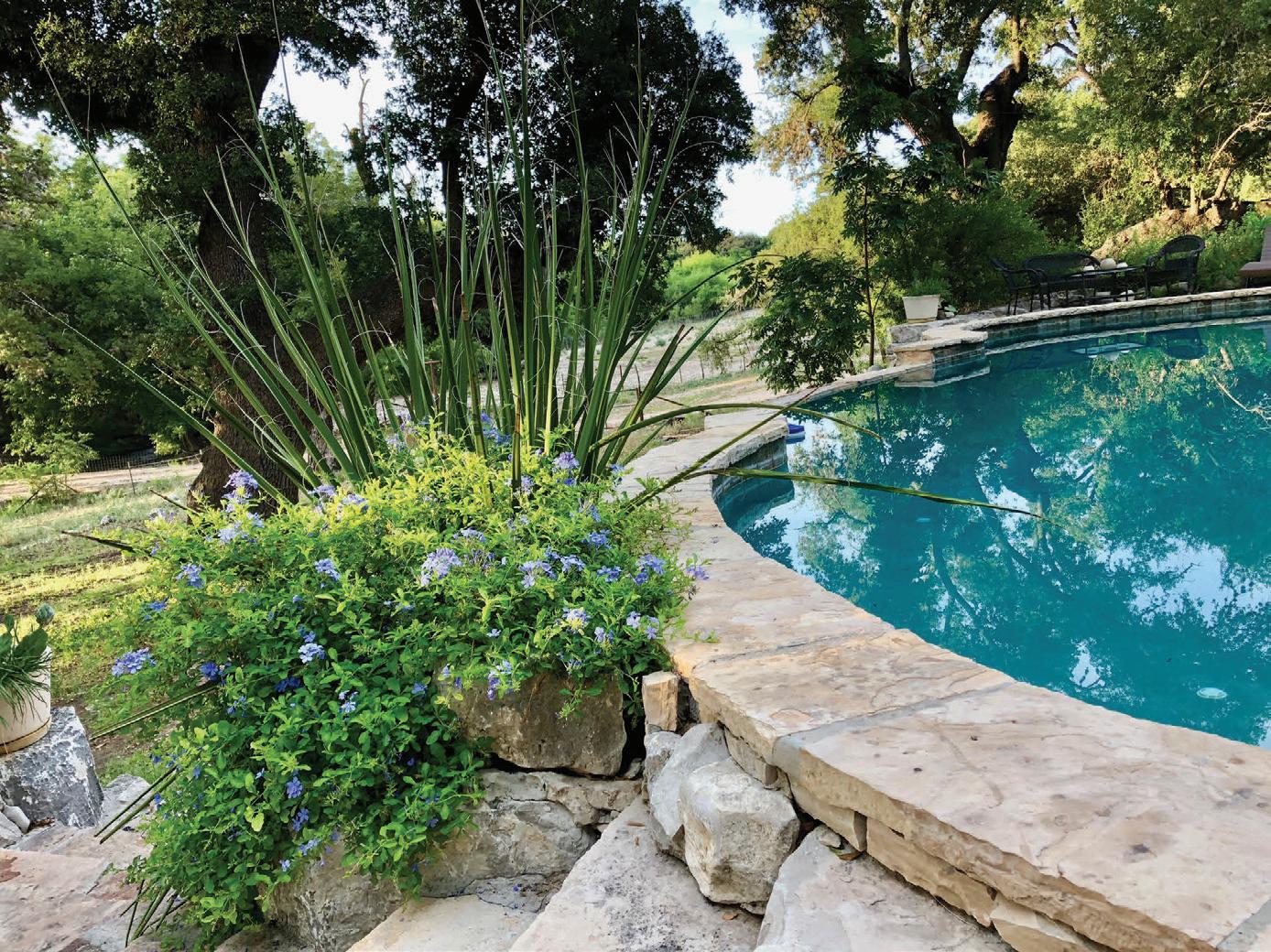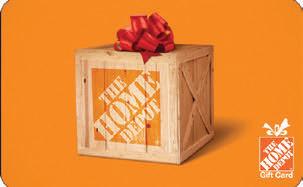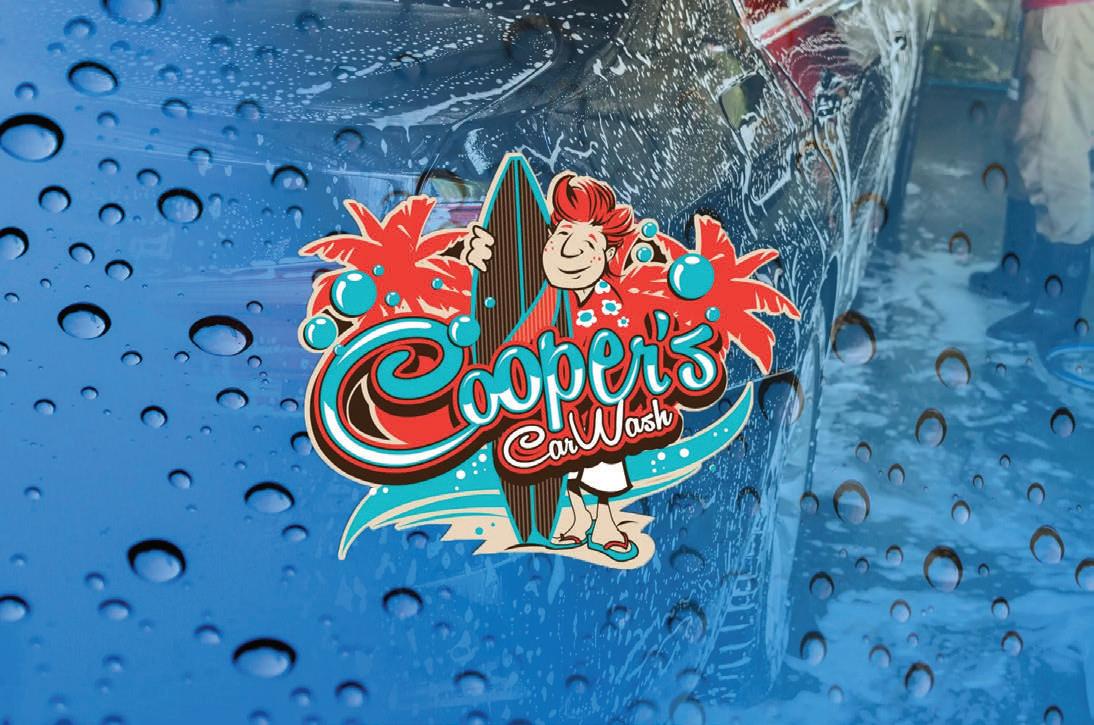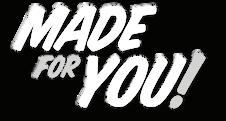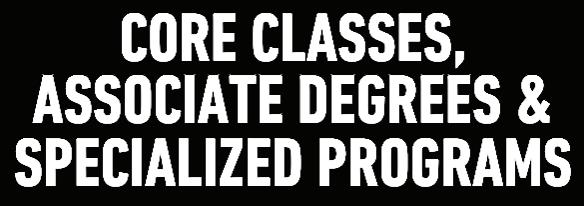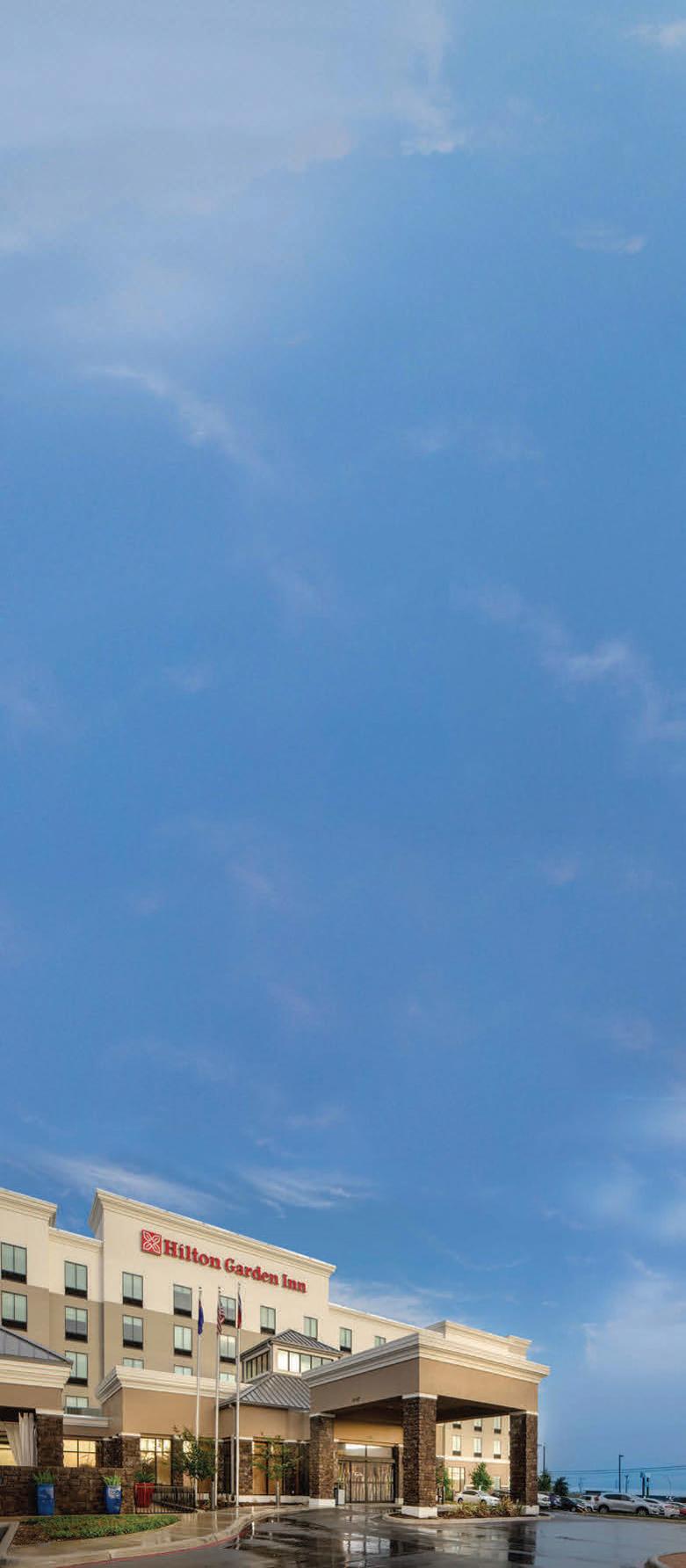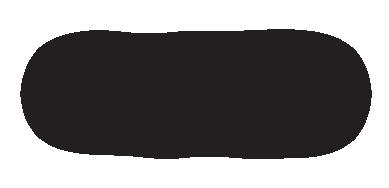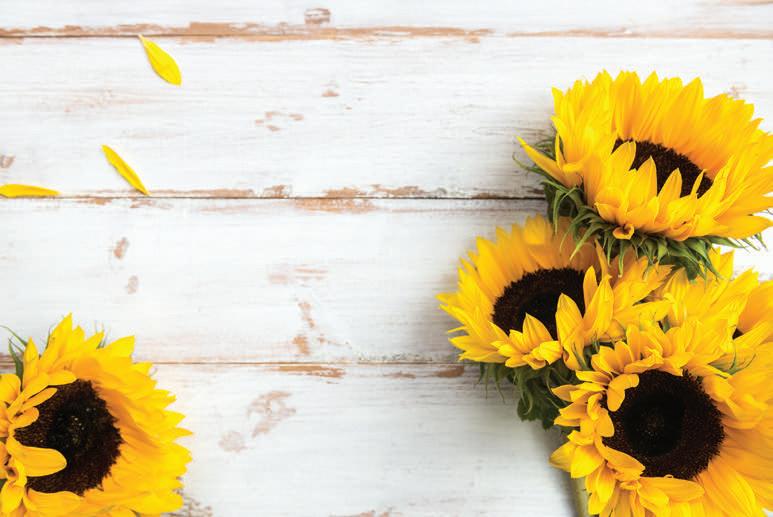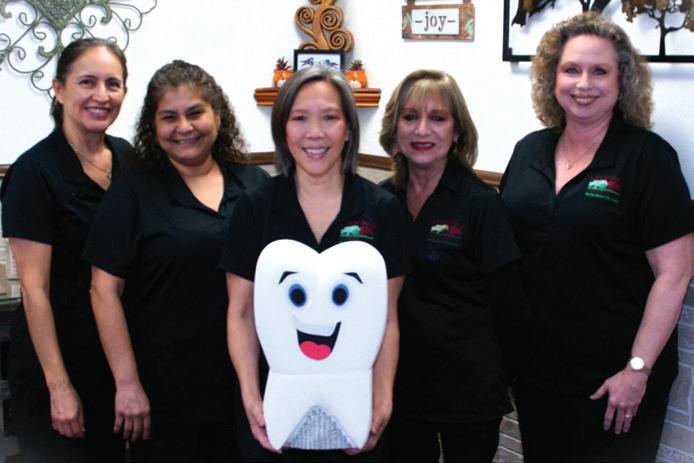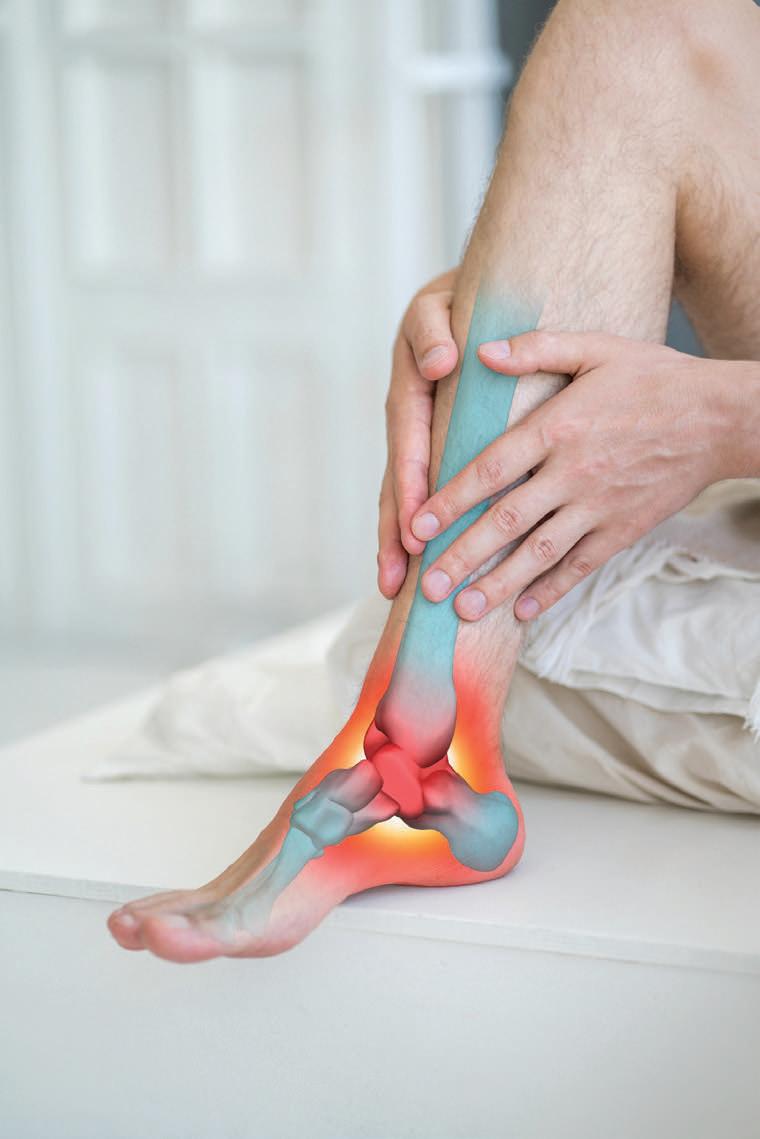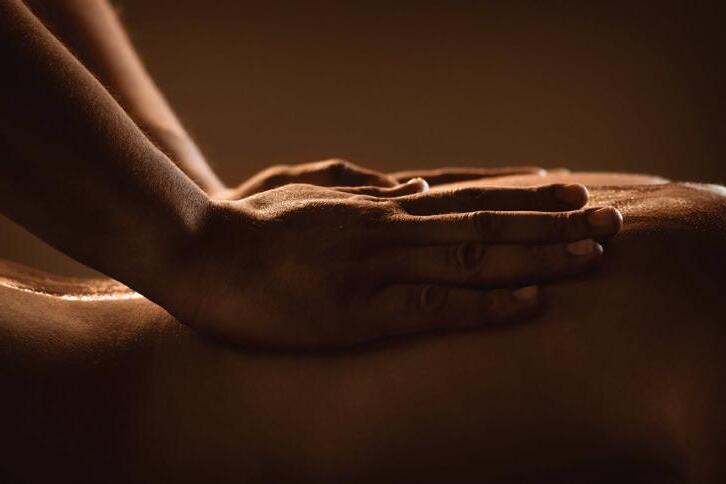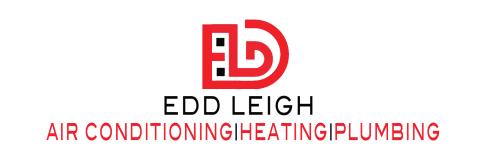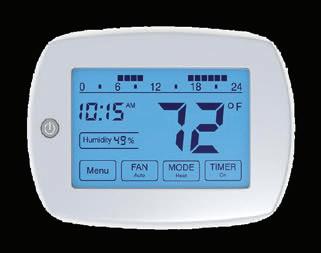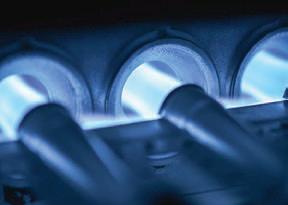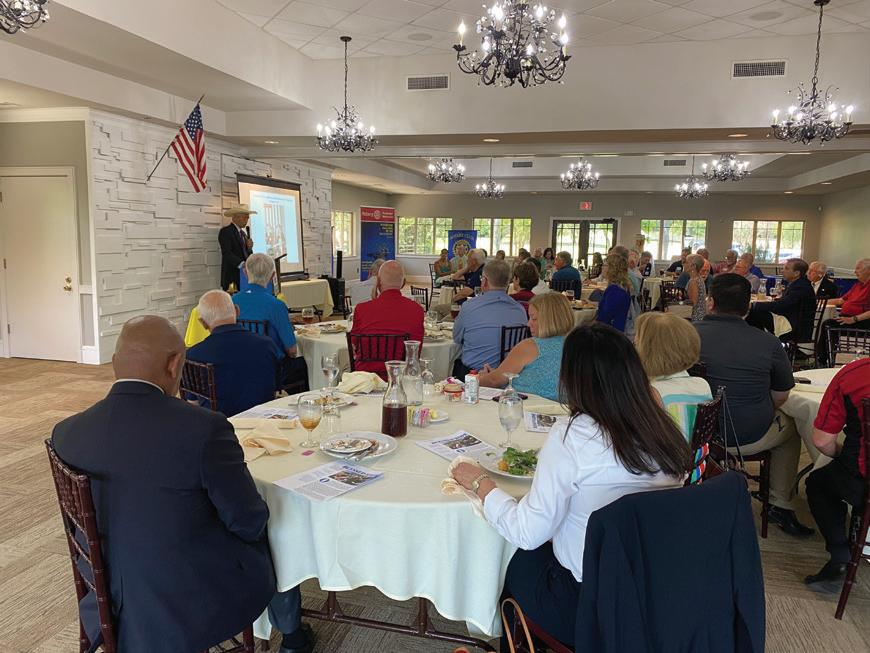




HELPFUL WEBSITES



































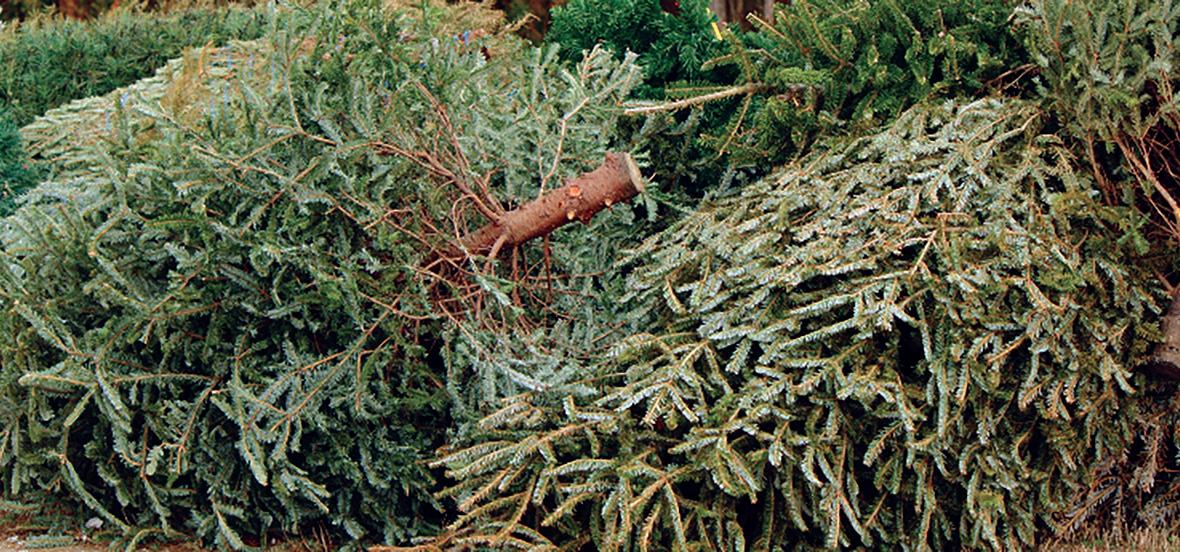








Most of the materials collected through this program are able to be sent for recycling.


















































Most of the materials collected through this program are able to be sent for recycling.

Recycle days are highlighted in GREEN and marked by letters A - B - C. This is an every-otherweek service.
• Route “A” is Wed/Sat trash routes.
• Route “B” is Mon/Thu trash routes.
• Route “C” is Tue/Fri trash routes.
Observed holidays: No collection will occur on observed holidays: Thanksgiving, Christmas Day and New Year’s Day (highlighted in BLUE). This collection will not be rescheduled.
Citywide curbside brush and bulk collection begins during the first full week of each month. Bulk and brush must be out at the curb prior to Monday.
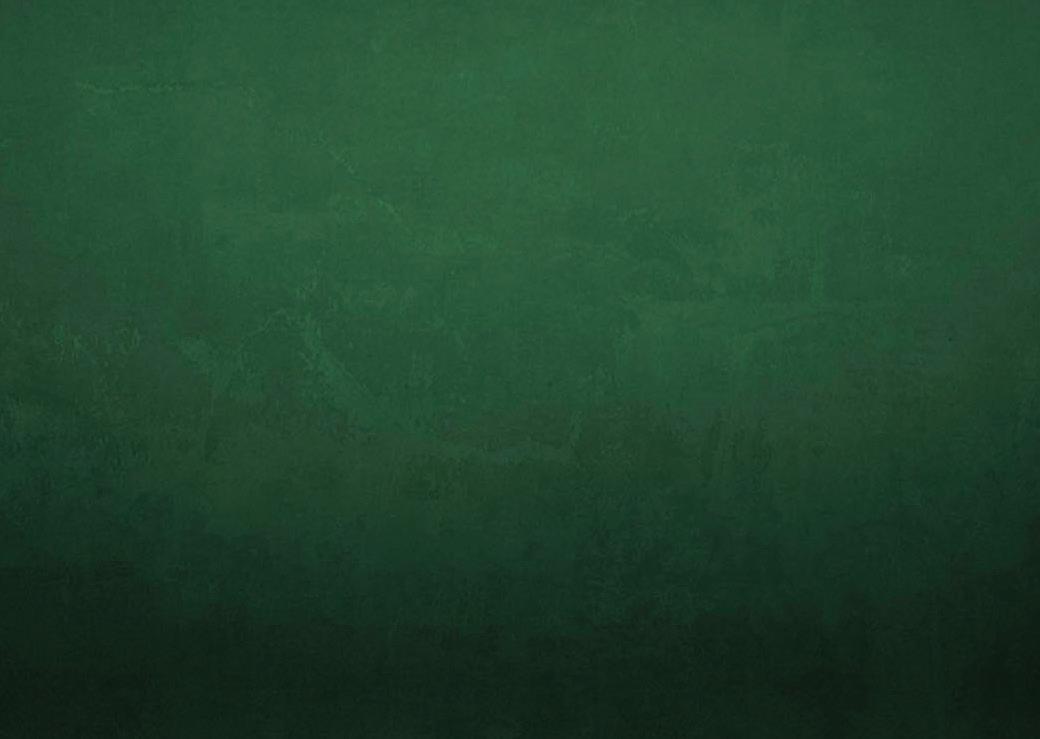
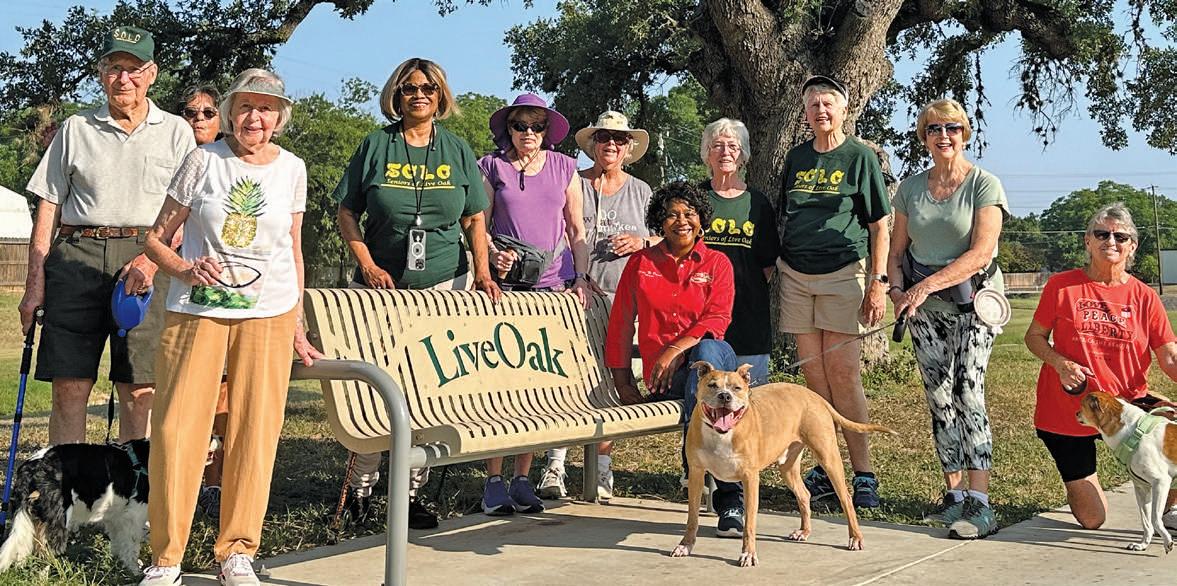


The Single Use Disposal Systems (SUDS) are a convenient and environmentally friendly way to dispose of your unused or expired prescription medications. The pre-paid TakeAway Envelope allows you to mail your unused and expired prescriptions from the privacy of your own home. They are incinerated unopened keeping themout of our drinking water.
WHAT HAPPENS TO THE ENVELOPE AFTER IT IS MAILED?
The envelopes containing the medications are sent directly to a treatment facility to be incinerated.
ARE TAKEAWAY ENVELOPES SAFE?
Yes, the TakeAway Envelopes are safe. Using the TAE is safer then ushing or throwing the medications in the trash. Incinerating the medications limit the environmental damage that medications can have by preventing them from polluting our drinking water.
The Environmental Protection Agency (EPA) recommends incineration as the method of drug destruction, which meets the Department of Enforcement Agency's (DEA) standard.
CAN NEEDLES OR INHALERS GO IN THE ENVELOPE? Unfortunately, no. Please reach out to your local health department.
WILL ANYONE SEE MY PERSONAL INFORMATION?
No, once you seal the TakeAway Envelope it is incinerated unopened. Thank you
Questions: Please contact Danielle Campbell at 713.743.7016 or email dscampbe@central.uh.edu Website: bit.ly/ThePREMIERCenter





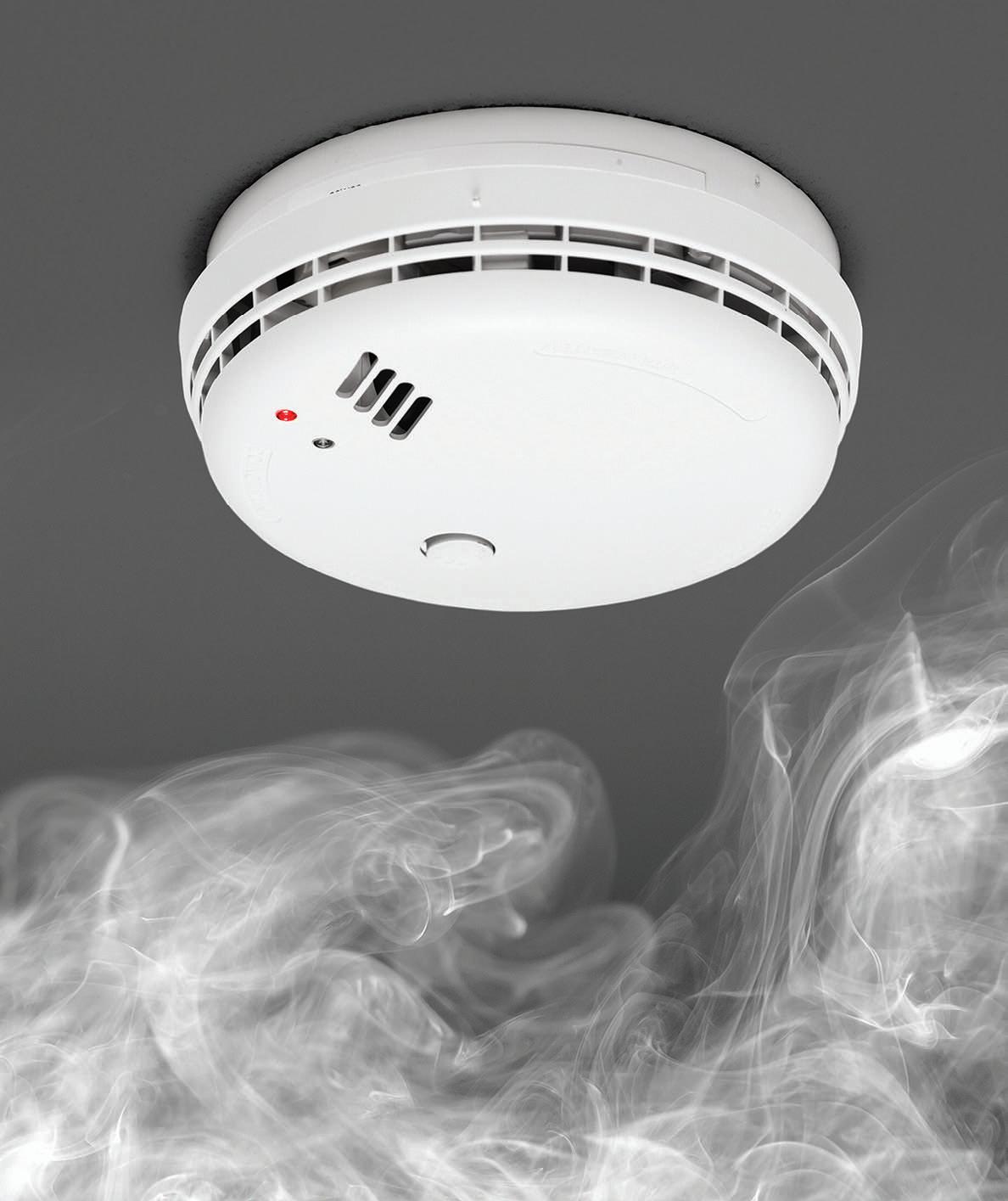


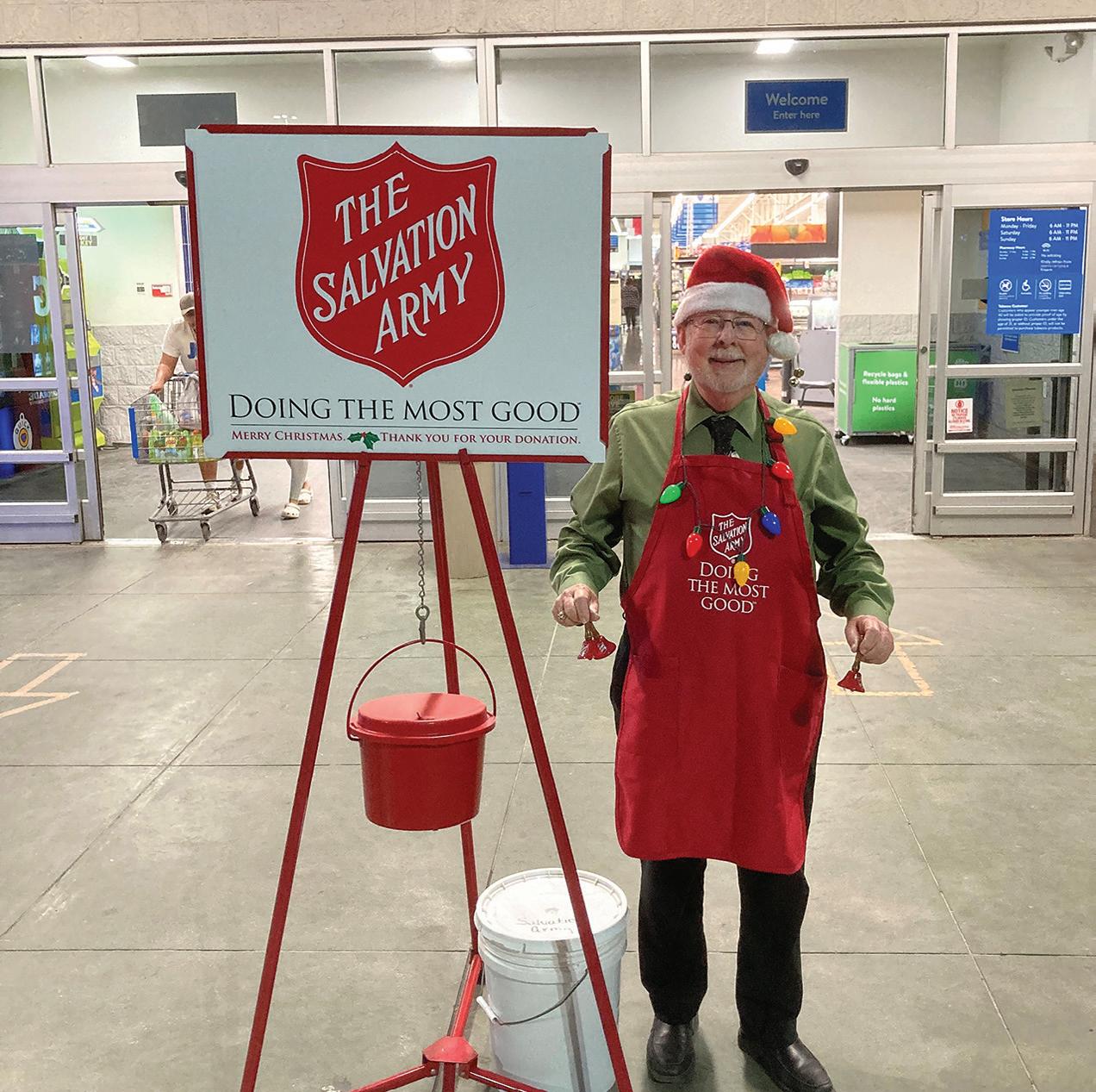





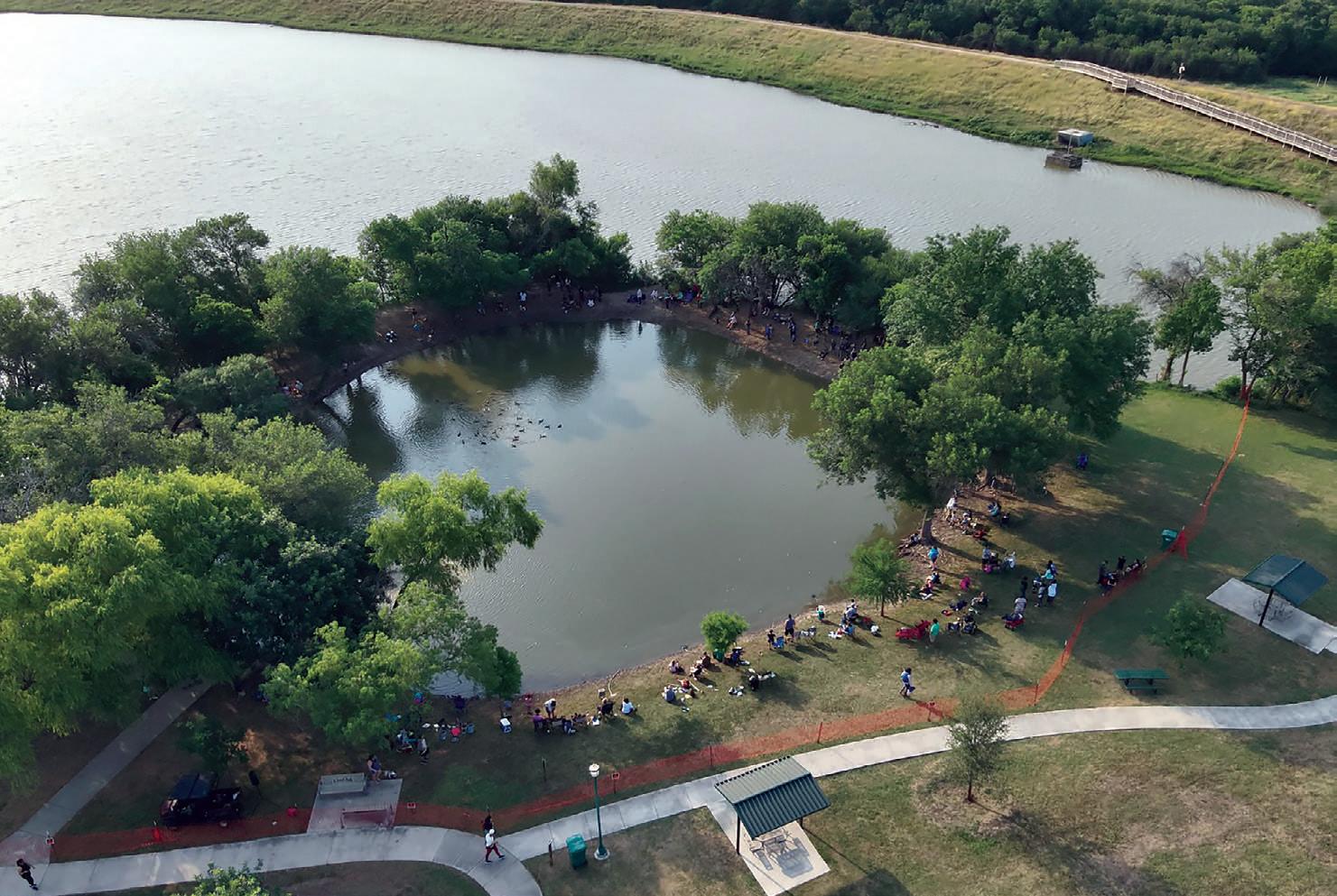
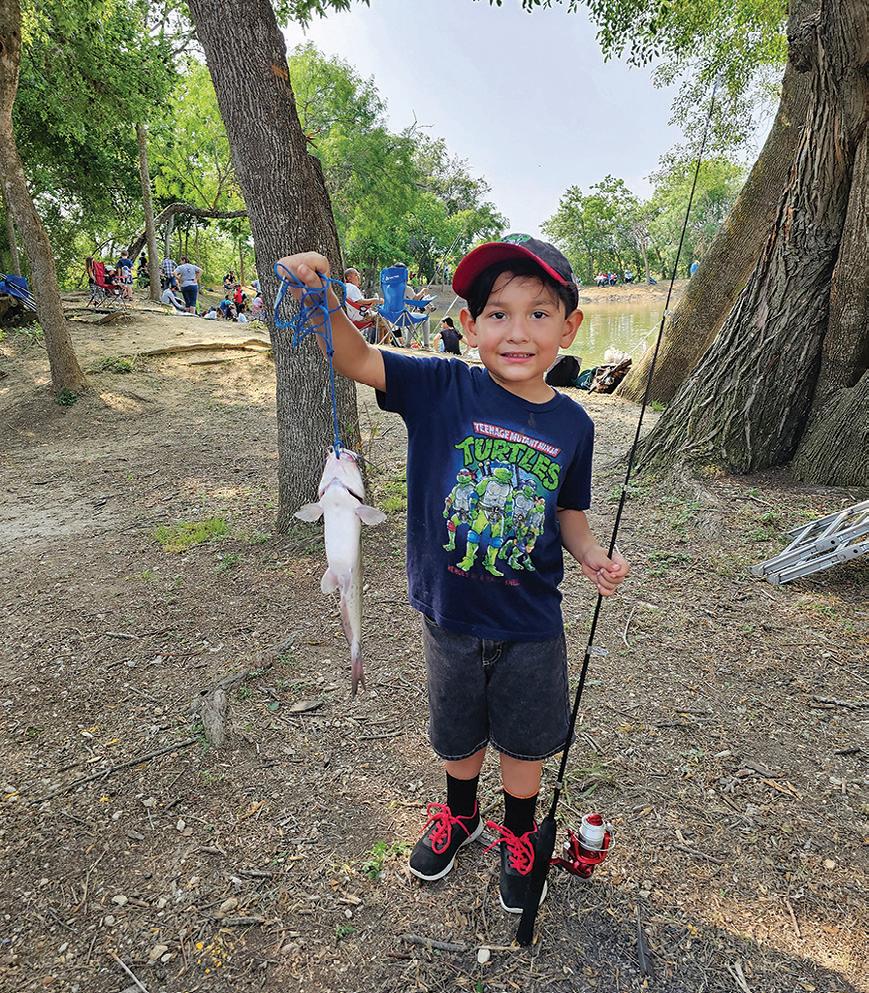

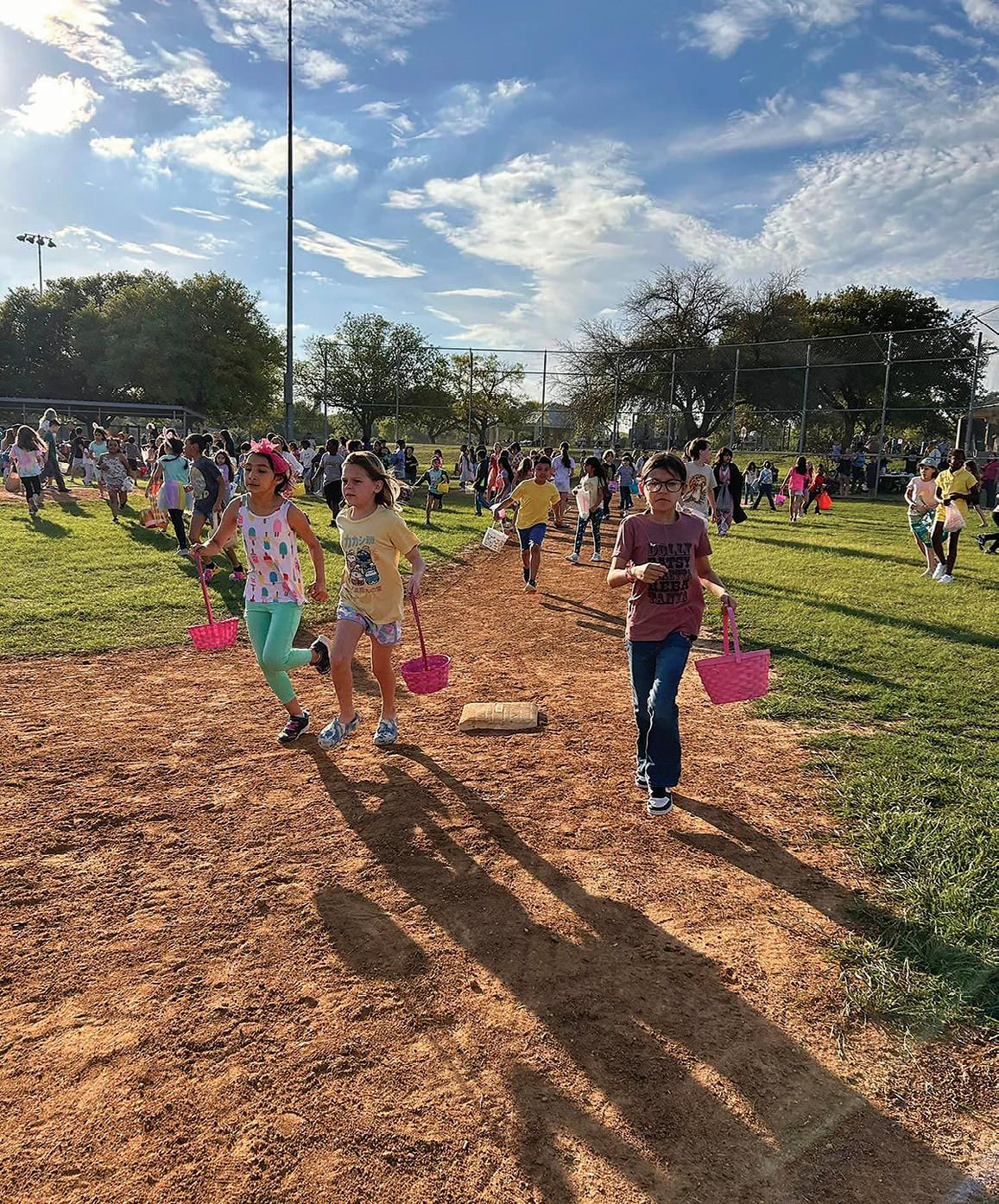

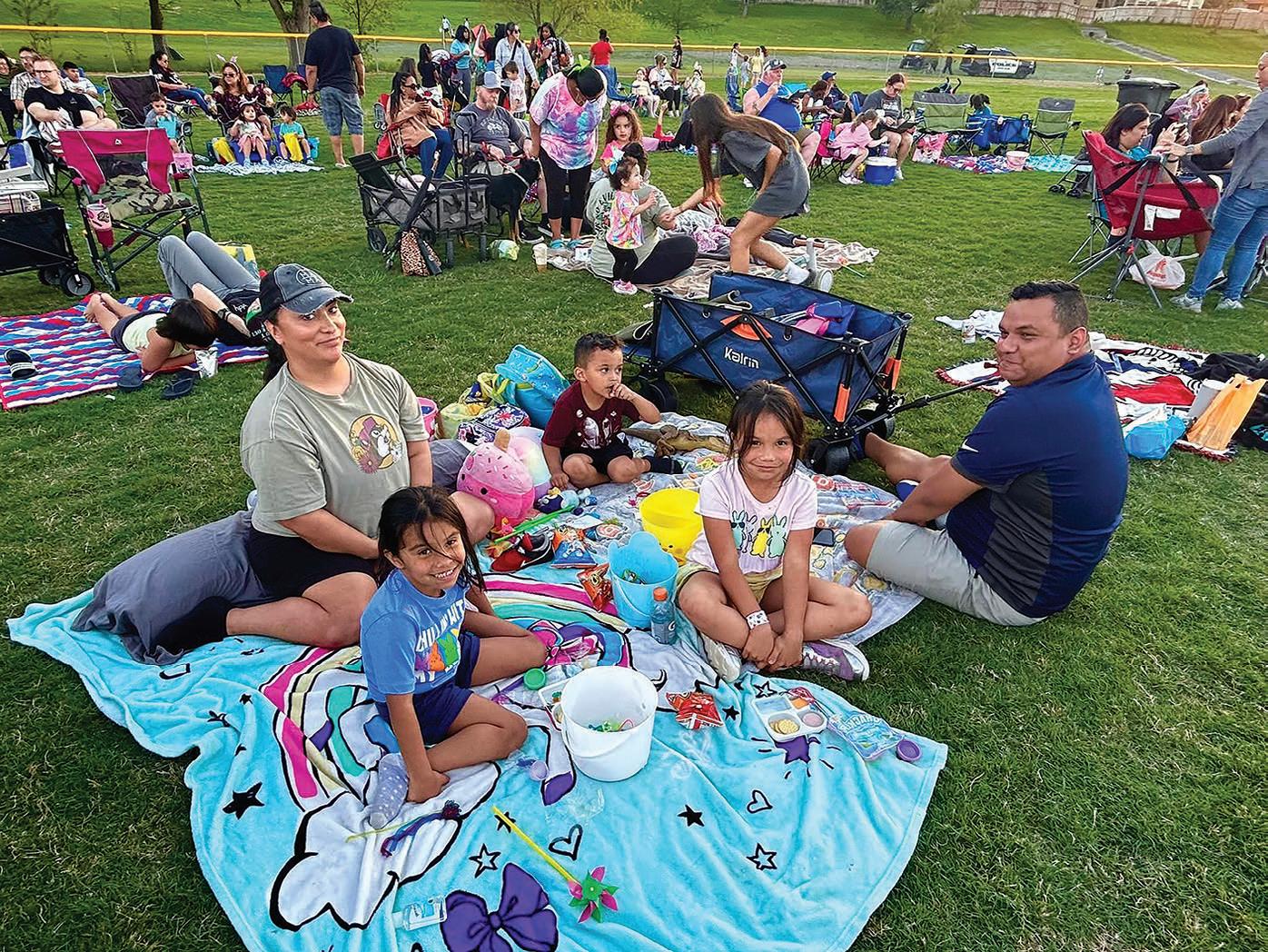
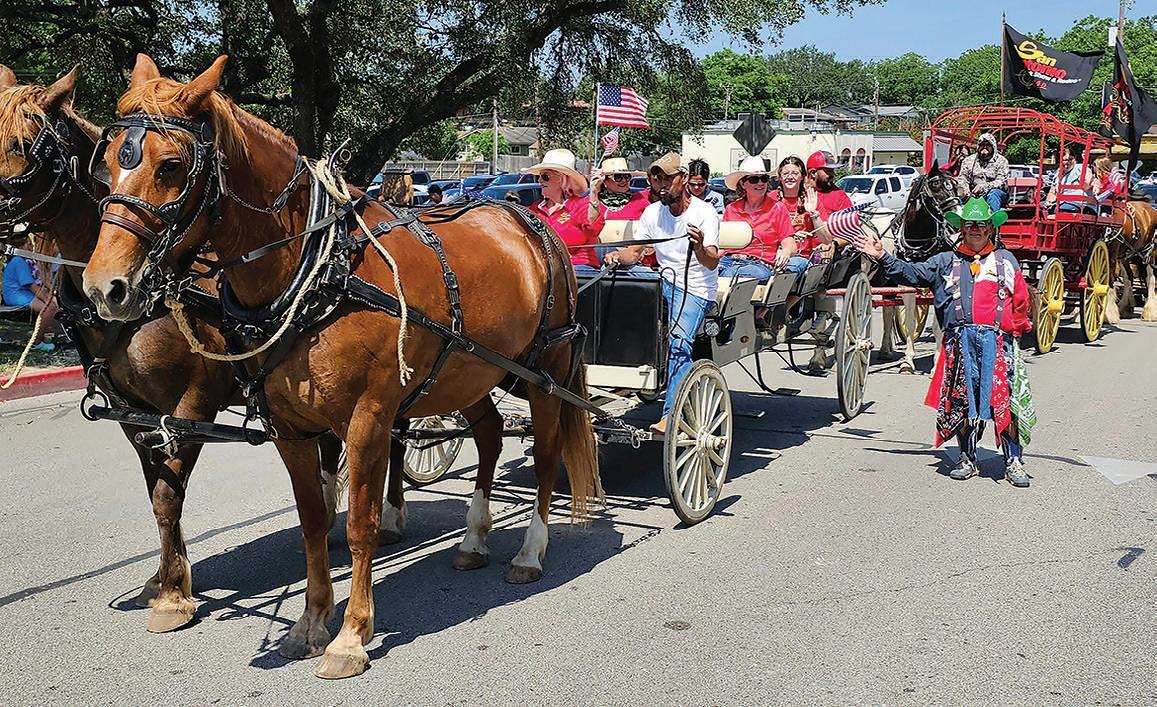

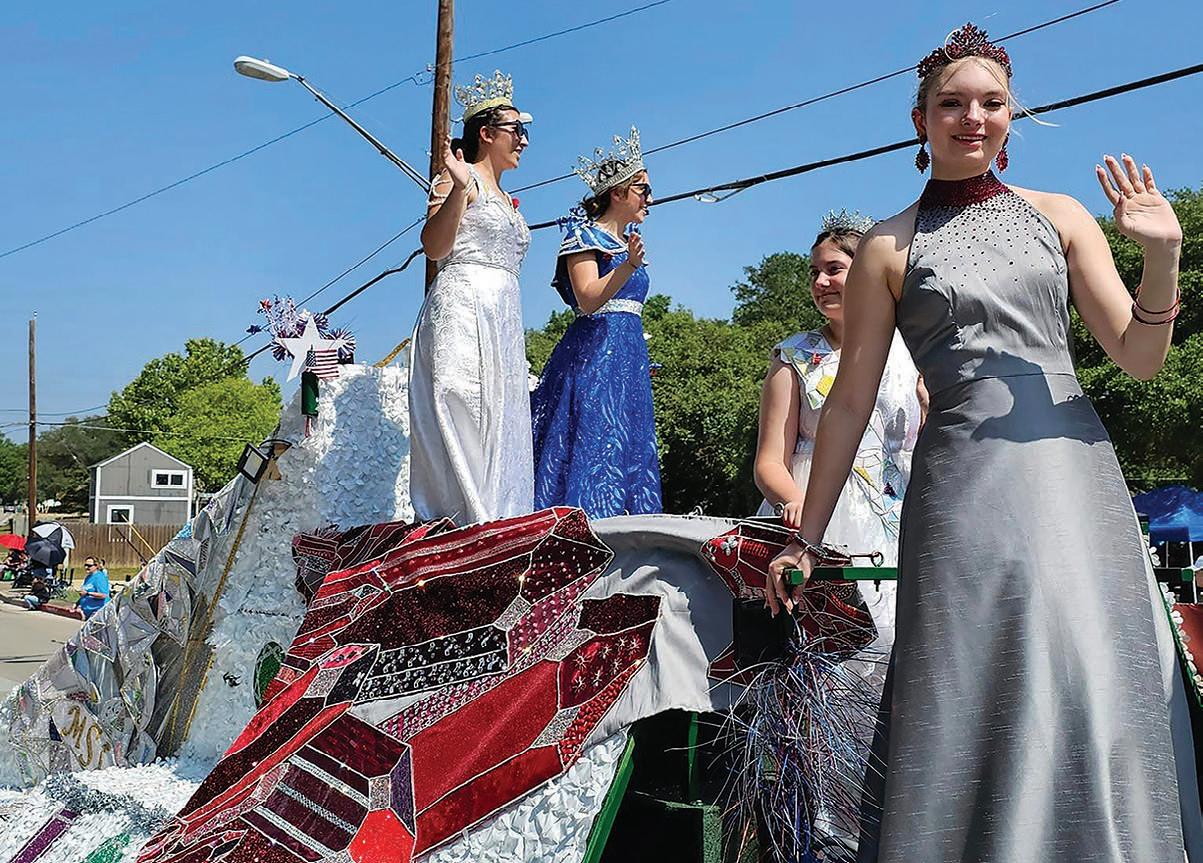
f o o d trucks,music, egg hunts,& mor e ! ! B r ingyourchairs for a movieinth e park ! p ictures with the Easterbunny



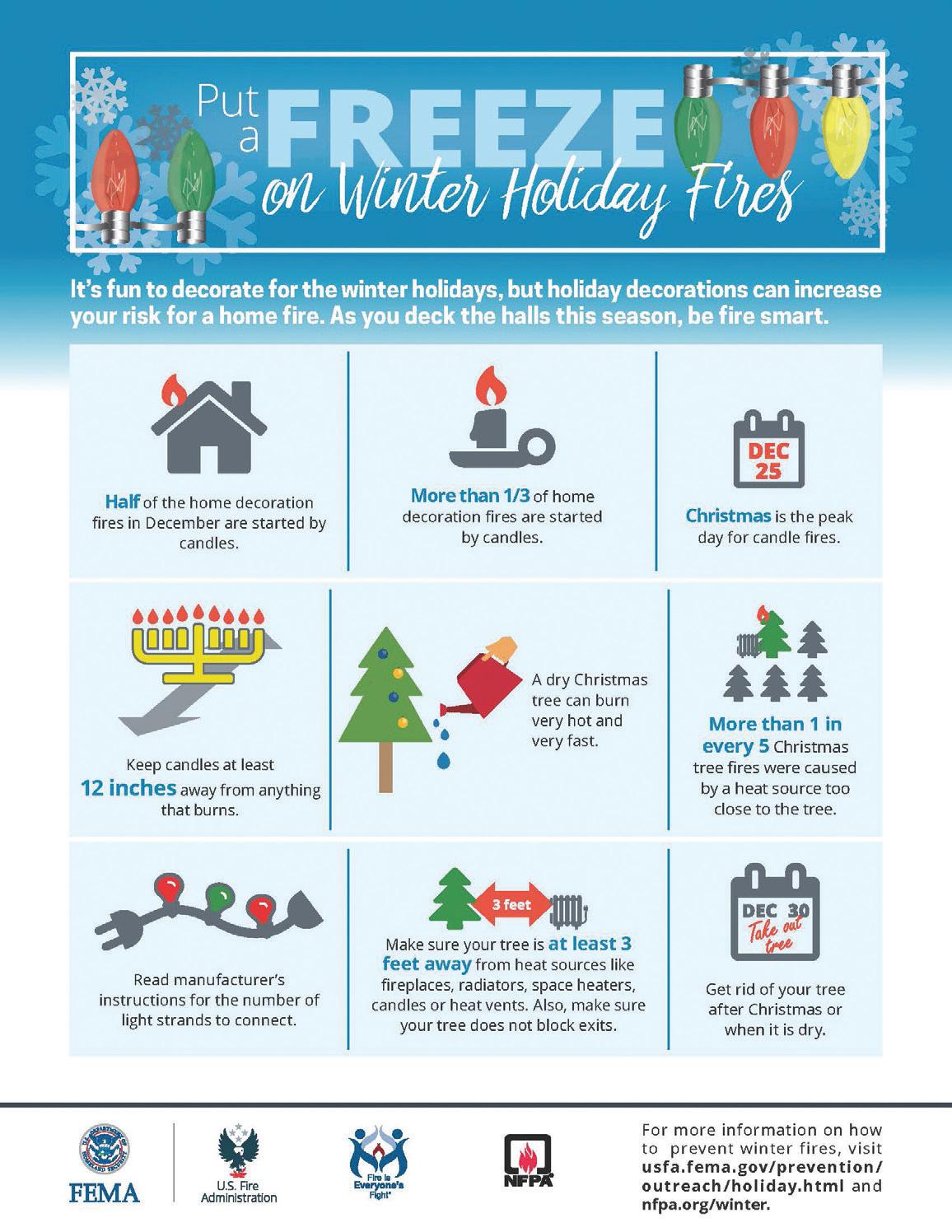



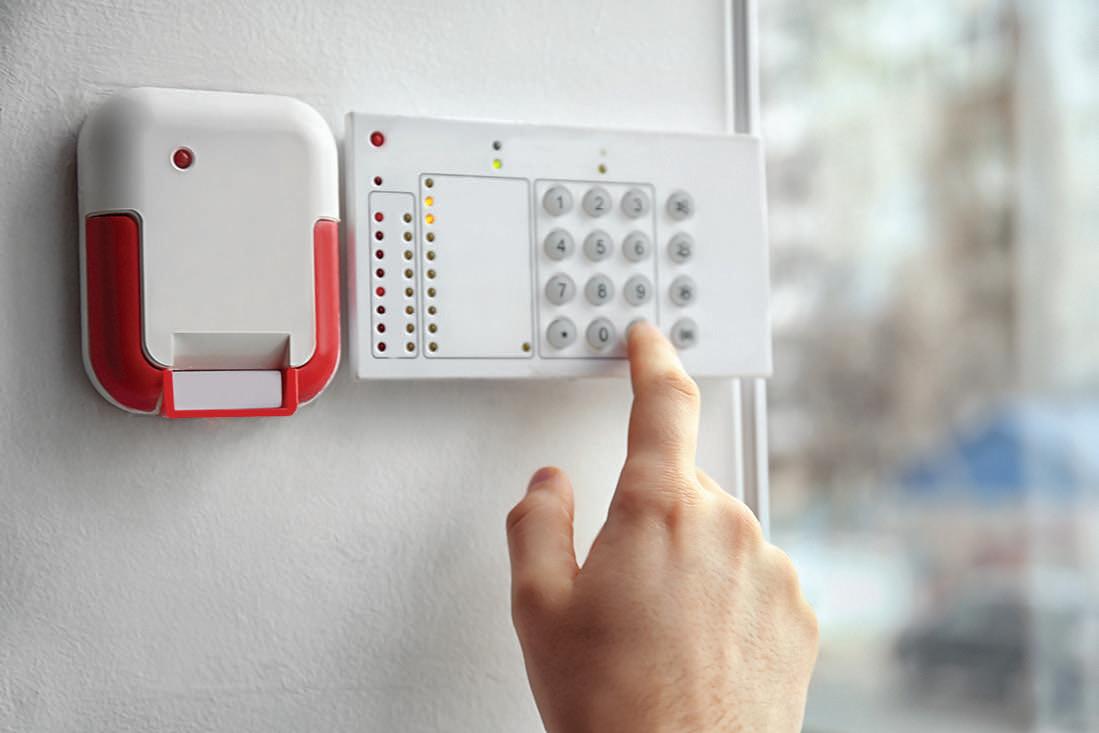




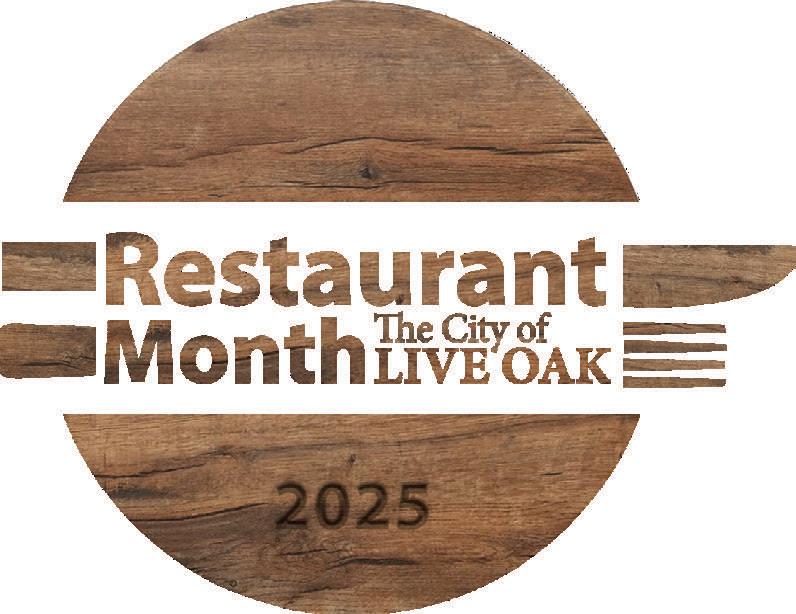





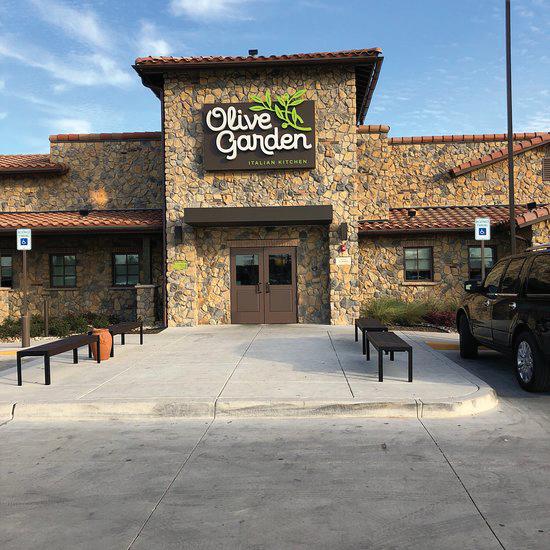


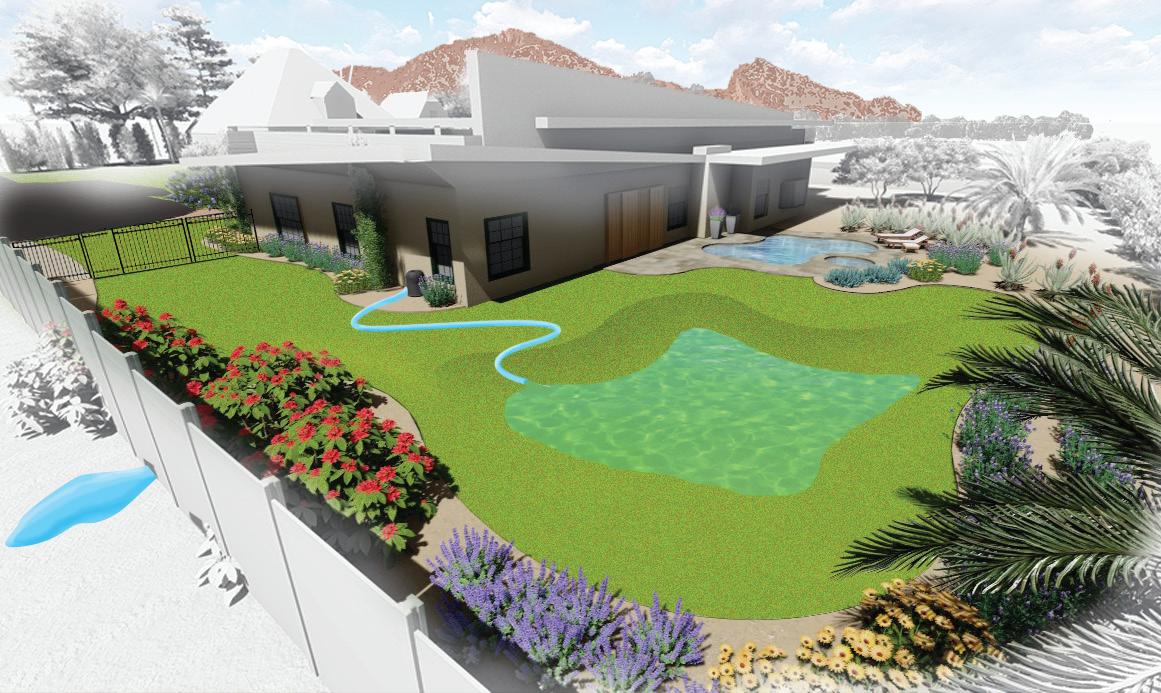

Do not backwash or drain your pool into the street.

Do backwash or drain into the sanitary sewer cleanout.


Do not allow pool water to drain onto neighboring yards or into nearby washes.

Do backwash into retention areas with tolerant plants and onto turf.

To drain your pool into sewer, first locate the sewer on your property which the main sewer If there are two, use the the home. Sewer clean-outs typically four- inch plastic located on the ground home and the adjacent Once the clean-out is located, the cap and secure your a few inches into the clean-out Finally, pump the pool water sewer. Be aware that pumping water too fast into the sewer can overwhelm your property’s lateral, so be cognizant backups due to this situation clogged sewer line. If happens, contact a plumber going any further to ensure clog in the drain.

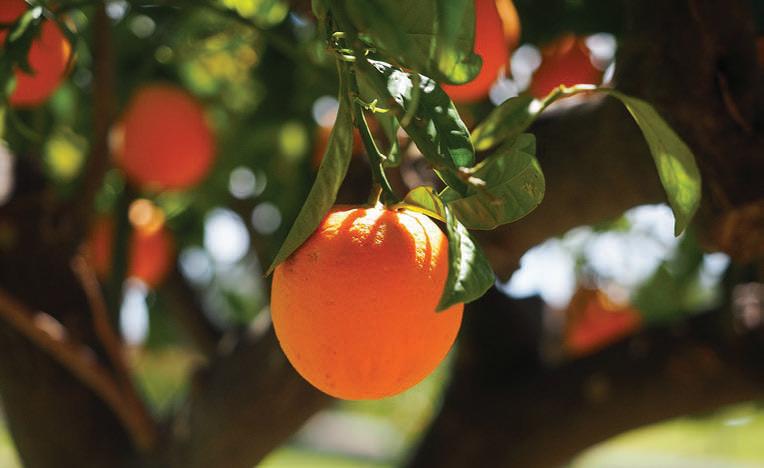

If you have questions regarding backwash or drain your pool, Givler Engineering at (210) 515 Busby Drive, Suite 101 78209 Phone: (210) 342-3991 stengl@givlerengineering.com


Draining and backwashing your pool is an important part of keeping your pool clean and ready for summer swimming. It is important to discharge your pool in a way that protects the environment and your neighbors’ properties. Chlorinated pool water can never be discharged to the street, in a storm drain, wash, or on your neighbors’ property, as it is a violation of local*, state, and federal regulations.
*Live Oak Ordinance Ch. 18 Sec. 18-2. (303.4).
Note: You do not need a permit to drain your pool, however you must follow the guidelines outlined in this issue of the Hometown News.

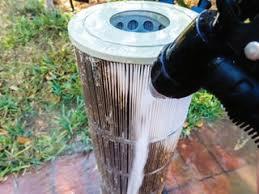
Pool filters must be washed in a manner that does not enter the gutter or roadway. Two options include:
Wash onto a permeable surface such as grass or gravel on your personal property. Utilize a device (bucket, wash tub, etc.) to collect rinse water to dispose of into the sanitary sewer.
Allow solids to settle out before dumping water into the drain. Dry any solid waste, bag, and dispose of into your garbage.
Other options to safely backwash your pool include discharging into retention basins on your property that have adequate storage, irrigation for your landscaping, or even a third-party septic hauling company, if desired.
The following plants are moderate to very salt and chlorine tolerant and considered safe to irrigate with pool water:
Oleander, Bougainvillea, Rosemary, Bermuda Grass, Desert Broom, Natal Plum, Ice Plant, Texas Sage, Olive, Mesquite, Saltbush, Afghan Pine, Lantana, Pyracantha, Bottlebrush, Yucca, most Acacia, and Palo Verde
The following plants are considered salt or chlorine sensitive and not recommended for irrigation with pool water:
Fruit Trees, Star Jasmine, Hop Bush, Roses, Jojoba, and Hibiscus
